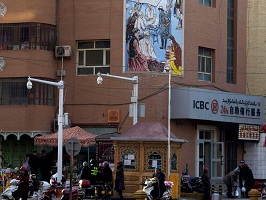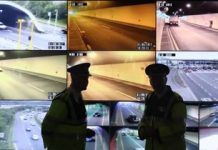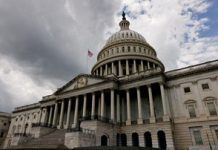A Chinese surveillance company has been tracking the movements of more than 2.5 million people in a region where authorities have waged a crackdown on Muslim minorities, a researcher has discovered. Police checkpoints and security cameras have been recording the location data of residents of the Xinjiang region, according to a Dutch cybersecurity expert, who uncovered an online database containing names, photos, ID card numbers, birth dates and employment details of people monitored.
Victor Gevers said the database was left unprotected for months by facial-recognition technology company SenseNets Technology. Mr Gevers, co-founder of non-profit internet security organisation GDI Foundation, first noted the vulnerability in a series of Twitter posts. He said he believed the database was “built and operated for only one goal”.
“It’s a ‘Muslim tracker’ funded by Chinese authorities in the province of Xinjiang to keep track of Uyghur Muslims,” he tweeted. Mr Gevers was able to see 6.7 million geographical coordinates showing the whereabouts of citizens over the last 24 hours. The data was tagged with descriptions such as mosque, hotel, internet cafe, and other places where surveillance cameras were likely to be found.
“It was fully open and anyone without authentication had full administrative rights. You could go in the database and create, read, update and delete anything,” the researcher said. The system was “open to the entire world” and could have been “corrupted by a 12-year-old,” he added.
Some 54.9 percent of the people in the database were identified as Han Chinese, the country’s ethnic majority, while 28.3 percent were Uighur and 8.3 percent were Kazakh, both Muslim ethnic minority groups. China’s crackdown on Islam in Xinjiang has involved the incarceration of millions of Muslims in re-education camps where inmates have allegedly been tortured, forced to consume pork and alcohol, and ordered to renounce their religion.
Human rights activists, the United Nations and foreign governments have condemned the crackdown, which the Chinese authorities have depicted as a successful programme to quash extremism and separatist movements








